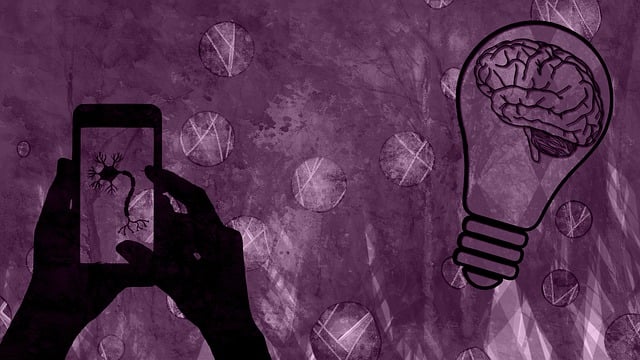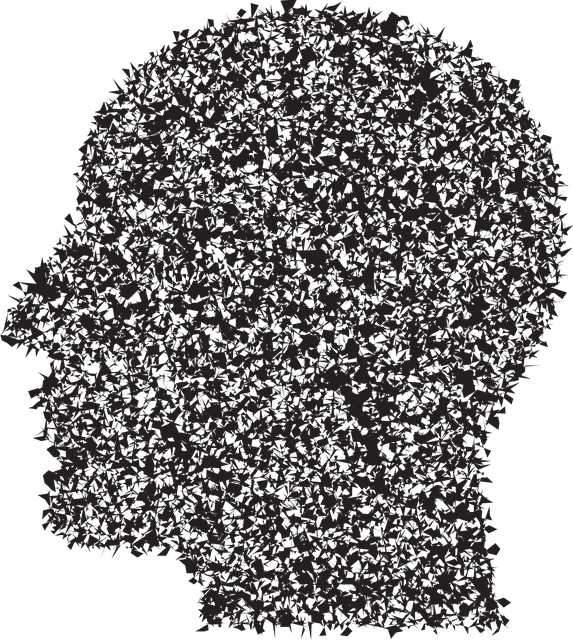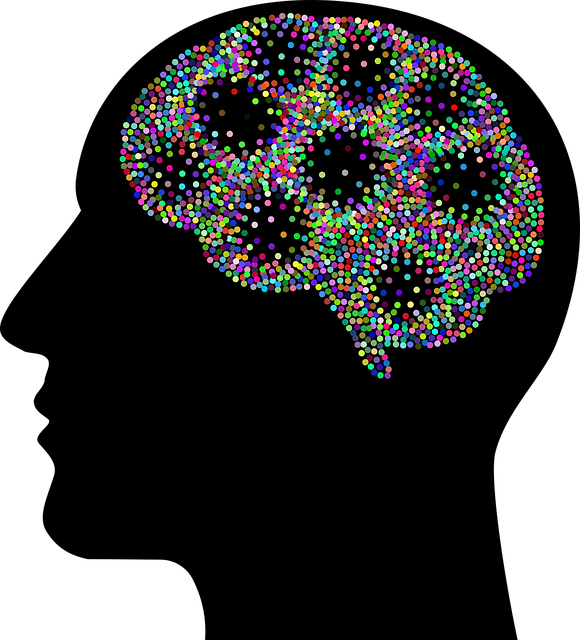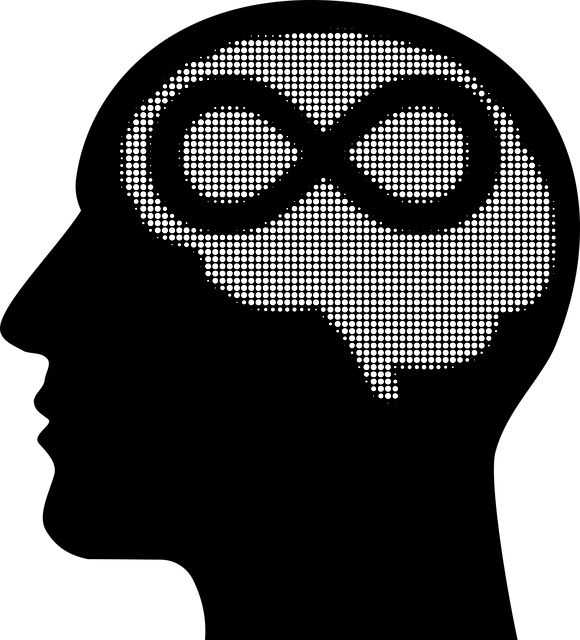Mental illness diagnosis is a complex process hampered by subjective evaluations, shared symptoms between disorders, cultural differences, and limited access to specialized services. Advances like Dialectical Behavioral Therapy (DBT) can mask underlying issues, further complicating diagnosis. Healthcare professionals are adopting advanced tools and broadened training focused on subtle symptoms and cultural nuances to improve accuracy, especially in underserved communities. Accurate diagnoses are crucial for effective patient care, as incorrect labels can lead to inappropriate treatments and delayed access to specialized therapies like DBT, which has proven highly effective across diverse conditions, enhancing diagnosis quality through cognitive-behavioral techniques, mindfulness practices, and self-care emphasis.
Mental illness diagnosis accuracy is a critical aspect of patient care, yet it remains a challenging area. This article explores efforts to improve diagnostic precision, delving into the current state, where challenges like subjective symptoms and comorbidities hinder accurate assessments. We present Dialectical Behavioral Therapy (DBT) as a powerful tool, discussing its core principles and evidence-backed effectiveness in enhancing diagnosis accuracy. Additionally, we highlight innovative approaches, including technology integration and collaborative care models, while offering future directions emphasizing training, education, and patient advocacy for best practices in mental health diagnosis.
- The Current State of Mental Illness Diagnosis
- – Challenges in accuracy and potential causes
- – Impact on patient care and outcomes
- Dialectical Behavioral Therapy (DBT) as a Tool for Improvement
The Current State of Mental Illness Diagnosis

Mental illness diagnosis is a complex process that involves careful evaluation of symptoms, behavior, and medical history. Despite advances in understanding mental health conditions, accurate diagnosis remains challenging due to several factors. The current approach often relies on self-reported experiences and clinical interviews, which can be subjective and inconsistent. This method may lead to misdiagnosis or underdiagnosis, especially for conditions that share similar symptoms, such as depression and anxiety disorders. For instance, anxiety relief techniques taught in therapy for dialectical behavioral therapy (DBT) can mask underlying emotional dysregulation issues, making diagnosis difficult.
Moreover, cultural differences and individual variations in expression contribute to the diagnostic challenge. What may be considered normal behavior in one culture could indicate a mental health concern in another. Similarly, emotional regulation difficulties, a core component of DBT, might manifest differently across individuals, complicating the assessment process. To improve accuracy, healthcare professionals are increasingly integrating advanced assessment tools and broader clinical training that focuses on recognizing subtle symptoms and cultural nuances, aiming to enhance diagnosis and treatment planning for those struggling with mental illness.
– Challenges in accuracy and potential causes

Diagnosing mental illnesses accurately can be a complex task due to the multifaceted nature of human psychology and the diverse presentations of various disorders. One significant challenge lies in differentiating between symptoms of co-occurring conditions, which are common. For instance, anxiety and depression often share similar manifestations, making it difficult for even seasoned professionals to pinpoint specific diagnoses without thorough evaluation. This complexity is further exacerbated by individual variability in presentation and the impact of cultural factors on symptom expression.
Several factors contribute to the challenge of diagnosis accuracy. Limited access to specialized mental health services, particularly in underserved communities, hinders early intervention and accurate identification. Additionally, the subjective nature of self-reported symptoms and the need for comprehensive assessments, including clinical interviews and behavioral observations, can be time-consuming and resource-intensive. Moreover, the rapid evolution of research in mental health highlights the constant revision of diagnostic criteria, requiring professionals to stay abreast of these changes to ensure accurate diagnoses based on the latest evidence. Incorporating evidence-based practices like Dialectical Behavioral Therapy (DBT) and focusing on stress reduction methods through Mental Wellness Podcast Series Production can enhance diagnostic accuracy and improve patient outcomes.
– Impact on patient care and outcomes

Mental illness diagnosis accuracy is paramount for effective patient care and positive outcomes. Inaccurate diagnoses can lead to inappropriate treatments, delayed access to proper therapy, and even potential harm to patients. For instance, individuals struggling with complex conditions like borderline personality disorder (BPD) often receive incorrect labels, hindering their path to specialized treatment such as Dialectical Behavioral Therapy (DBT), a highly effective approach for BPD symptoms.
Public awareness campaigns development and increased training in mental health professionals’ self-awareness exercises can significantly contribute to better diagnosis accuracy. Boosting confidence in these exercises allows professionals to recognize subtle nuances in patient presentations, leading to more precise diagnoses. In turn, this ensures patients receive tailored therapy like DBT, enhancing their chances of successful recovery and improved quality of life.
Dialectical Behavioral Therapy (DBT) as a Tool for Improvement

Dialectical Behavioral Therapy (DBT) stands out as a powerful tool in the quest to enhance mental illness diagnosis accuracy. This therapy approach, originally designed for borderline personality disorder, has proven effective in treating a range of conditions. DBT combines cognitive-behavioral techniques with mindfulness practices, offering individuals valuable skills to manage emotions, tolerate distress, and improve interpersonal effectiveness. By incorporating these strategies, mental health professionals can facilitate more accurate assessments and tailored interventions.
One key aspect of DBT’s success lies in its emphasis on self-care practices among both clients and healthcare providers. Encouraging self-awareness and effective coping mechanisms not only benefits individuals with mental illness but also ensures that care providers maintain their own well-being, thereby enhancing the overall quality of treatment. Moreover, integrating DBT into clinical settings can improve healthcare provider cultural competency training, enabling more nuanced understandings of diverse patient populations and fostering environments where accurate diagnoses can flourish.
Mental illness diagnosis accuracy is a critical aspect of patient care, and ongoing efforts to enhance precision are essential. By addressing the challenges through innovative approaches like Dialectical Behavioral Therapy (DBT), healthcare professionals can significantly improve outcomes. DBT offers a comprehensive framework for individuals with complex mental health needs, fostering better diagnosis and tailored treatment plans. This therapy has the potential to revolutionise mental health care, ensuring that patients receive the most effective support.














